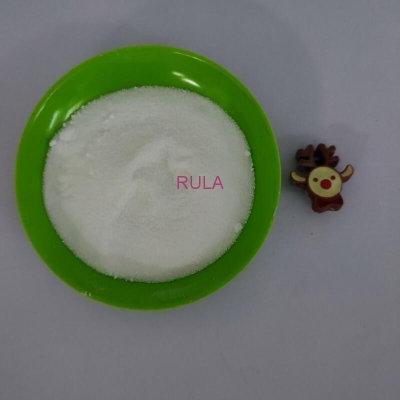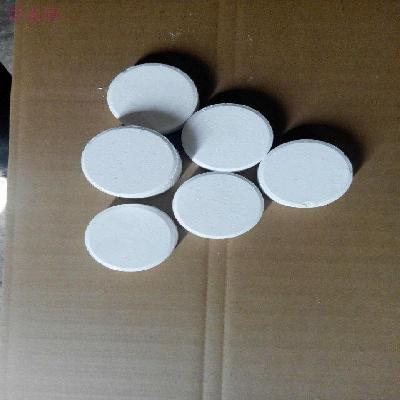-
Categories
-
Pharmaceutical Intermediates
-
Active Pharmaceutical Ingredients
-
Food Additives
- Industrial Coatings
- Agrochemicals
- Dyes and Pigments
- Surfactant
- Flavors and Fragrances
- Chemical Reagents
- Catalyst and Auxiliary
- Natural Products
- Inorganic Chemistry
-
Organic Chemistry
-
Biochemical Engineering
- Analytical Chemistry
- Cosmetic Ingredient
-
Pharmaceutical Intermediates
Promotion
ECHEMI Mall
Wholesale
Weekly Price
Exhibition
News
-
Trade Service
The new coronavirus (SARS-CoV-2) is a single-stranded RNA virus that can spread across species and infect humans.
The new crown pneumonia (COVID-19) caused by SARS-CoV-2 infection has become a global pandemic, infecting more than 82.66 million people as of December 31, 2020, with a cumulative death toll of more than 1.8 million, seriously endangering human health and creating an unprecedented threat to public health safety and economic development.
characteristic of neocycline pneumonia is that type I and III interferon-induced antiviral immunity is significantly suppressed and inflammatory responses are overactivated.
molecular mechanism of how SARS-CoV-2 inhibits human antiviral immunity has yet to be studied.
recently, Professor Wang Peihua of shandong University's Institute of Advanced Medicine and Professor Gao Chengjiang of the School of Basic Medicine, as co-authors, published a research paper entitled: Severe acute respiratory coronavirus 2 (SARS-CoV-2) (M) resedsignment I and
the study found that the membrane protein (protein,M) of SARS-CoV-2 inhibits the type I and III interferon response through the RNA virus recognition path pathline mediated by targeting introtopic RIG-I/MDA5, which in turn leads to immune escape, which may eventually lead to increased virus replication and transmission capabilities.
the mechanism, THES-CoV-2 M protein can interact with RIG-I, MAVS, and TBK1 to prevent the formation of RIG-I, MAVS, TRAF3, and TBK1 protein complexes, thereby inhibiting phosphorylation, nucleation, and transcription activation induced by type I and III interferons.
this study expounds the important mechanism of SARS-CoV-2 to suppress human antiviral immunity, provides a theoretical basis for interferon therapy to treat neocycline pneumonia, and reveals some pathogenic mechanisms of neocycline pneumonia.
Dr. Zheng Yi of Shandong University's School of Basic Medicine and Zhuang Mengxuan of the Institute of Higher Medical Sciences are co-authors, Professor Wang Pei association of Shandong University's Institute of Advanced Medicine and Professor Gao Chengjiang of the School of Basic Medicine are co-authors, and Shandong University is the first unit of the paper.
the study was obtained by Shandong University New Crown Pneumonia Emergency Research Special (2020XGB03, P.-H.W) and the National Natural Science Foundation (81930039, 31730026, 81525012, C.G.; 81901604, Y.Z.
。







